Coaching Skills Report: Developing Team Members and Performance
VerifiedAdded on 2023/06/03
|9
|460
|478
Report
AI Summary
This report delves into the crucial aspects of coaching skills, emphasizing their role in team development and performance improvement. It outlines the objectives of coaching, which include understanding how to develop team members' skills and attitudes, assessing coaching strengths, and identifying the characteristics of an effective coach. The report highlights the benefits of coaching, such as increased productivity and job satisfaction, and discusses the key components of knowledge, skills, and attitudes (KSAs) essential for team success. It further explores coaching competencies like communication, performance improvement, and relationship building. The conclusion stresses the importance of selecting suitable coaches, providing coaching sessions, and leveraging performance tools to sustain a coaching environment, thereby fostering a culture of continuous improvement and achieving optimal workplace performance. The report provides references to relevant literature for further exploration.
1 out of 9

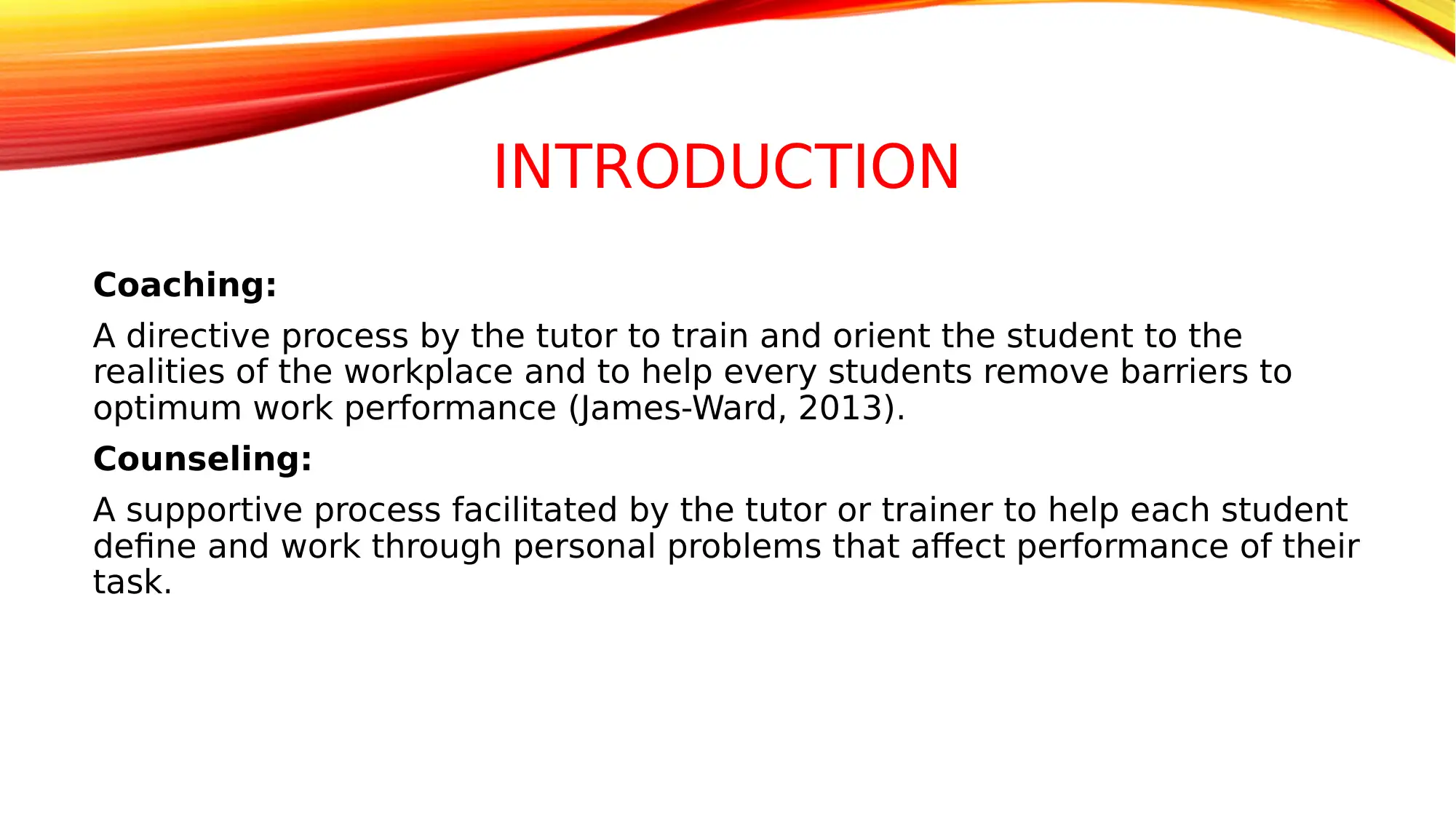
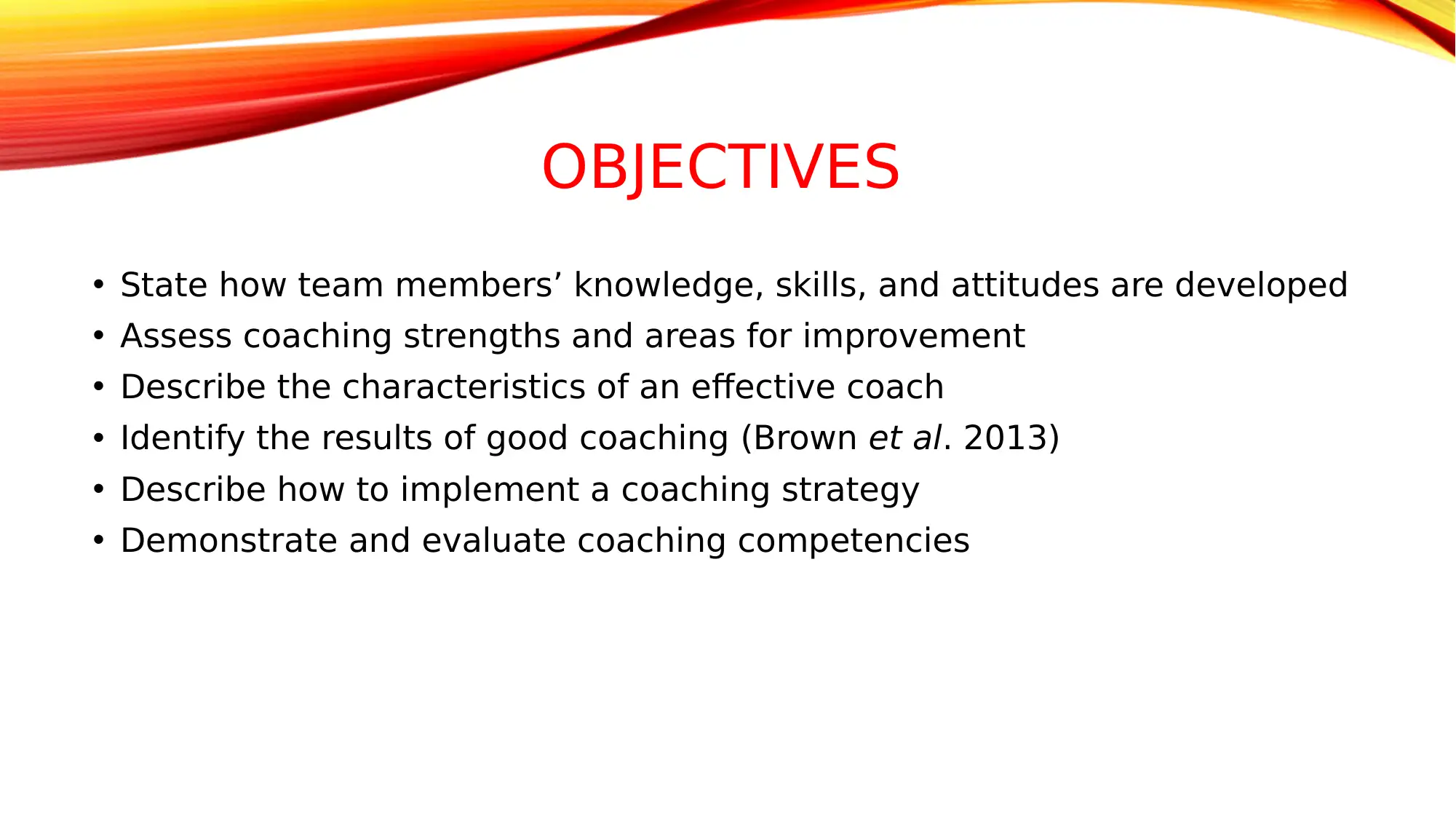

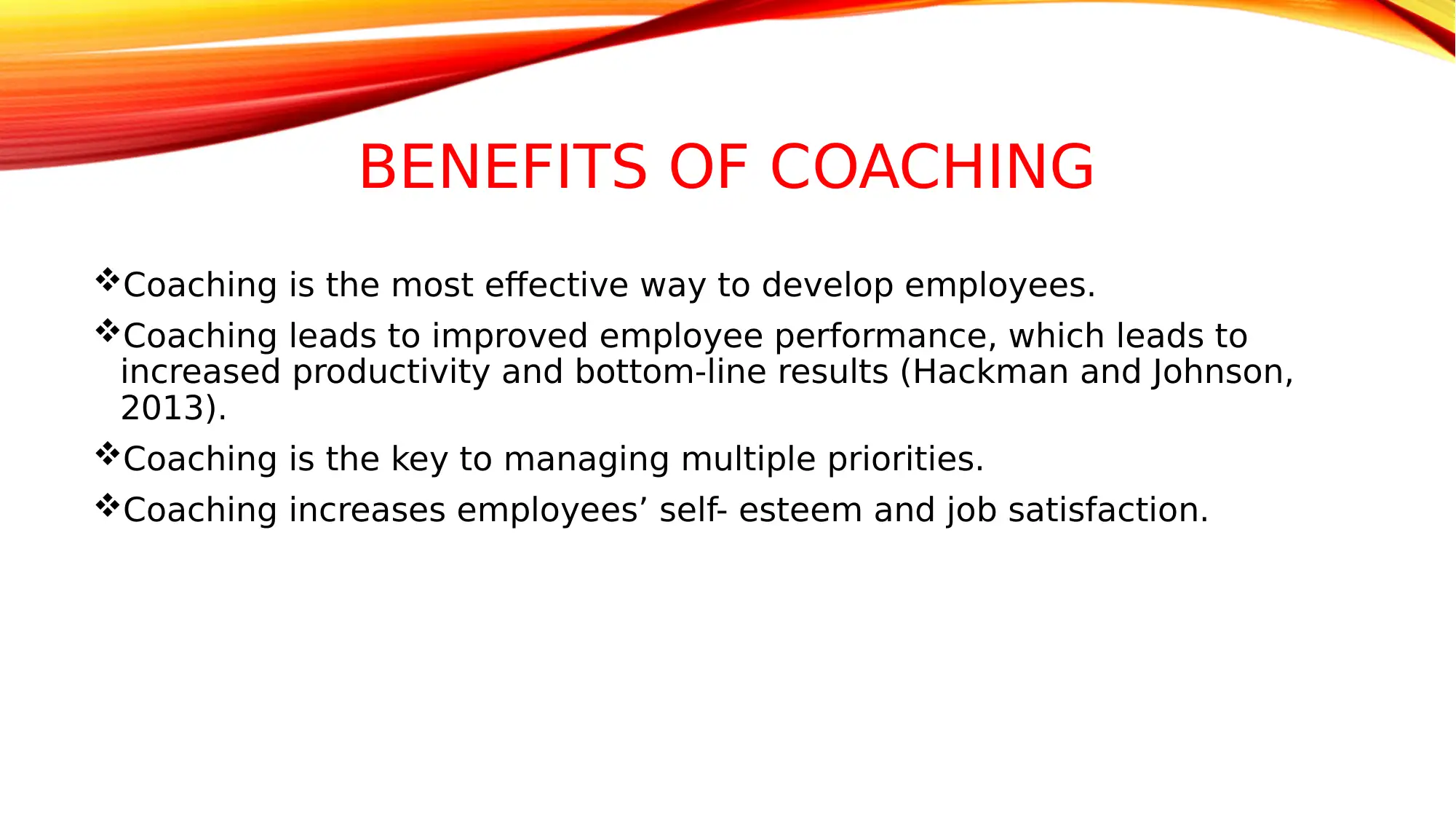
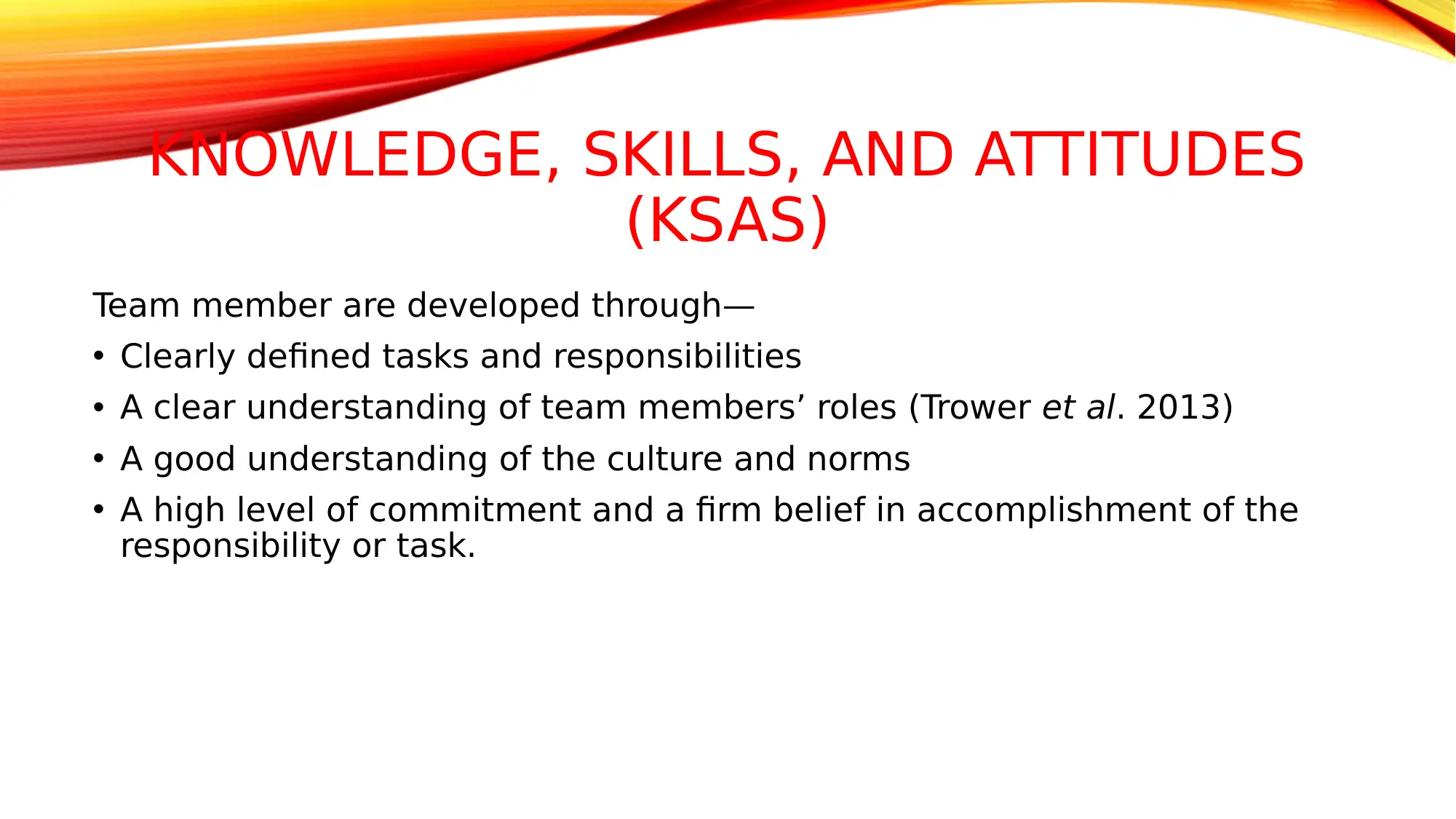
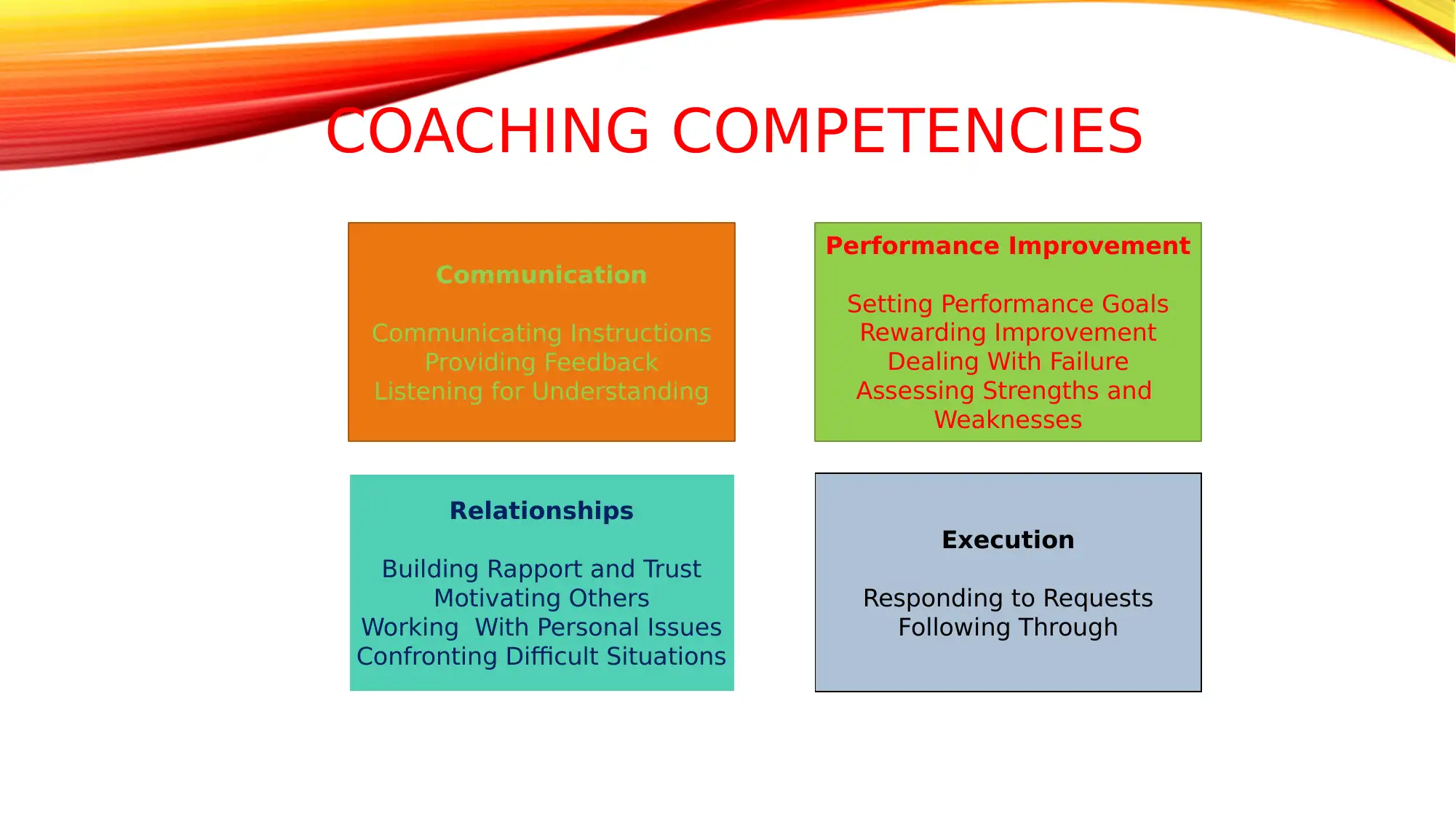
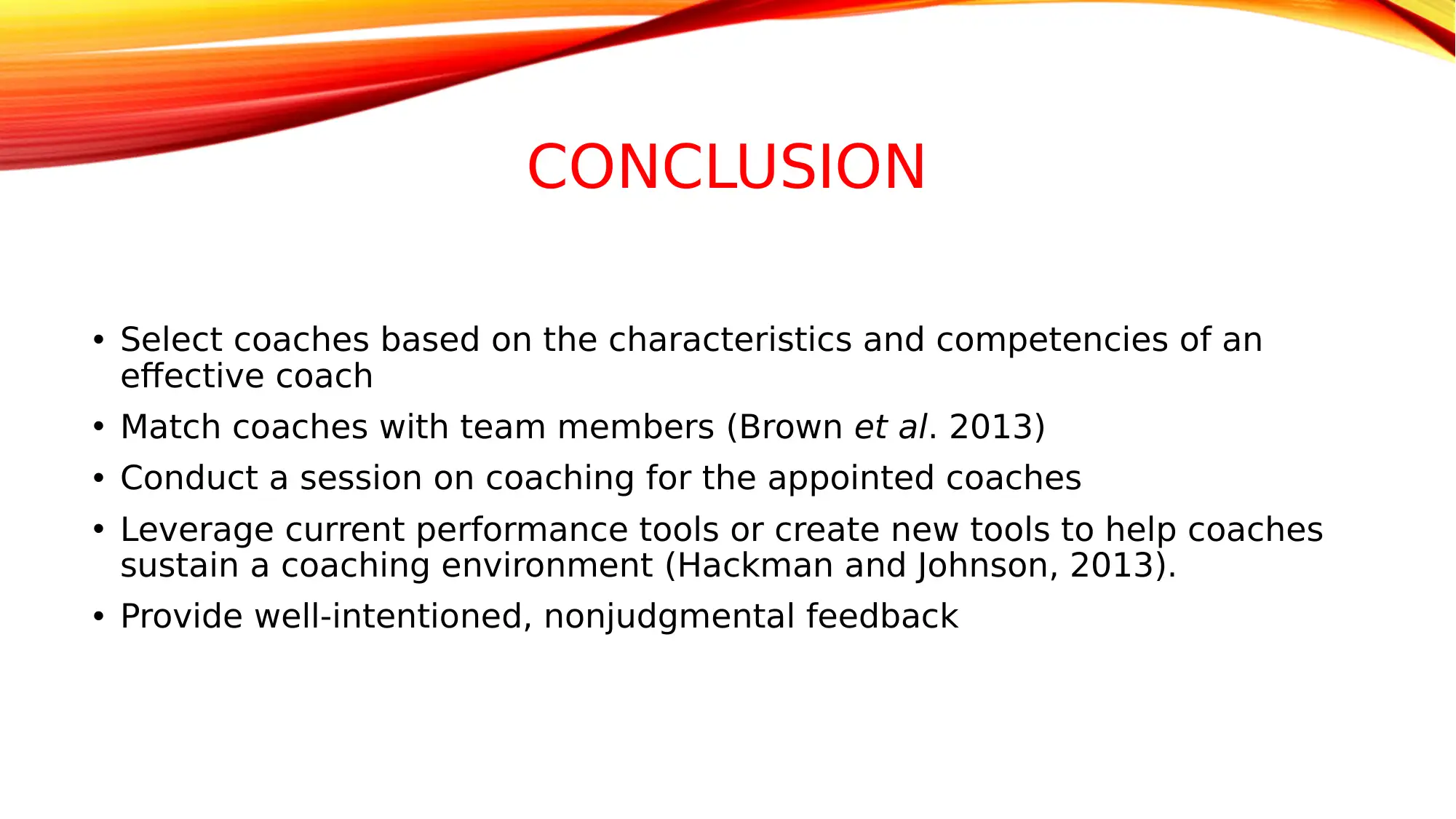
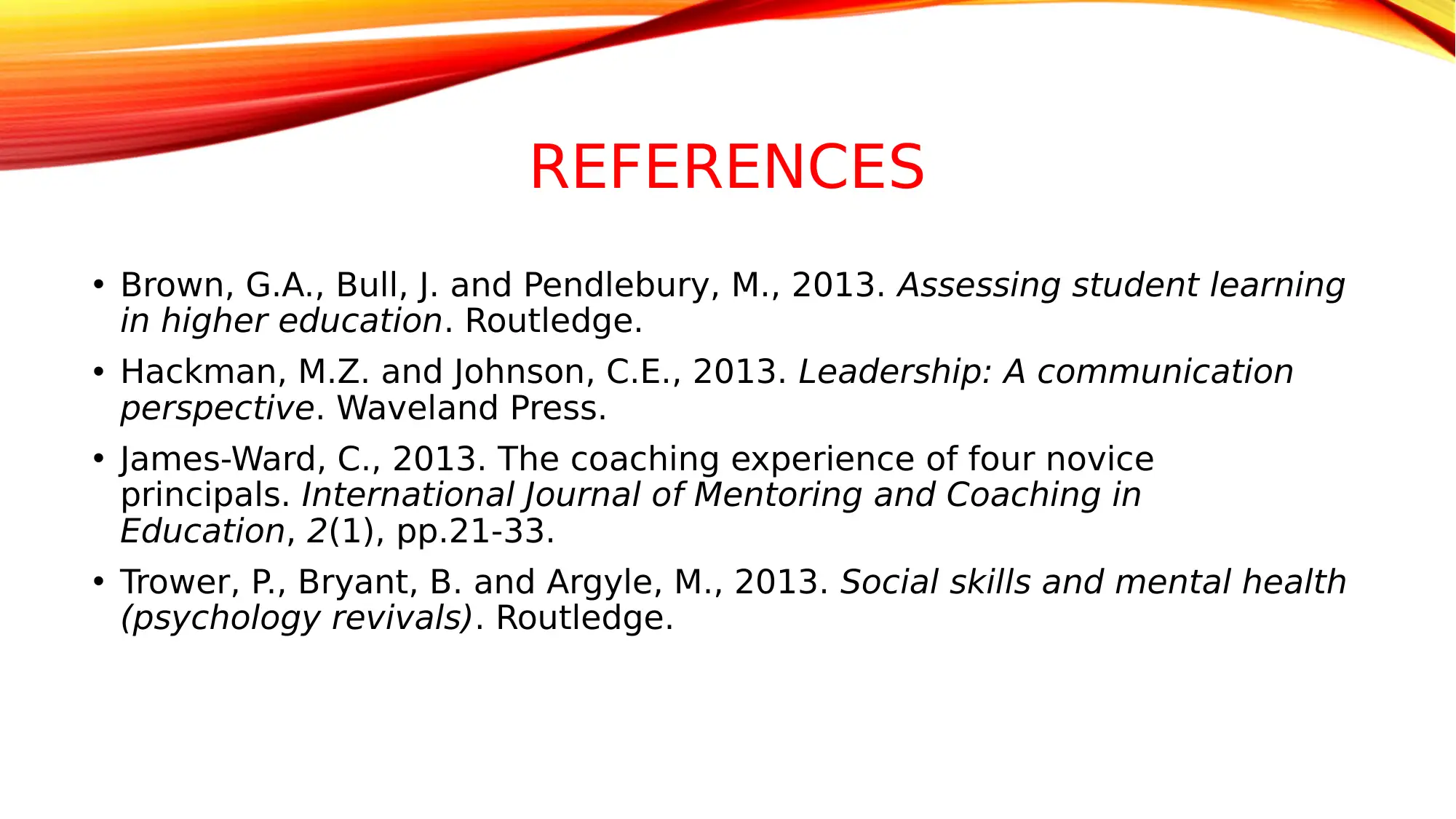







![[object Object]](/_next/static/media/star-bottom.7253800d.svg)